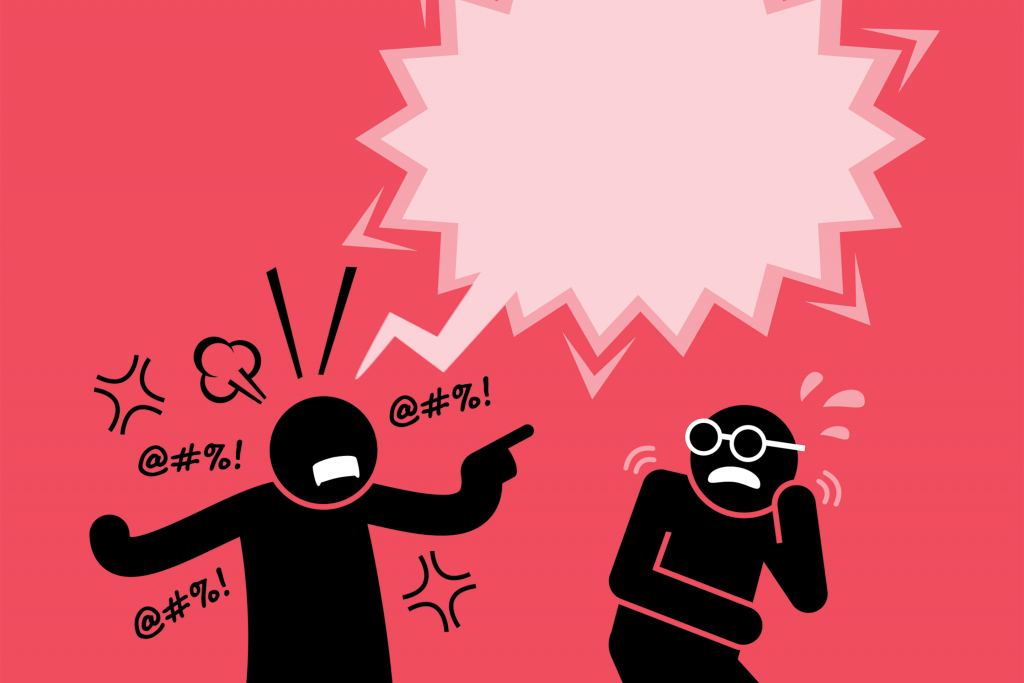
blasphemy and hate speech
02-08-2022
By Admin
blasphemy and hate speech
blasphemy and hate speech
-
- The need for a distinction between blasphemy and hate speech
What is the history of Section 295 (A) of the Indian Penal Code? How should “blasphemy” be treated in the statute as opposed to hate speech?
-
- Section 295(A) of the Indian Penal Code (IPC), which punishes any speech, writings, or signs that “with premeditated and malicious intent” insult citizens’ religion or religious beliefs with a fine and imprisonment for up to three years.
- The history of Section 295(A) of the IPC can be traced back to 95 years.
-
- In 1927, a satire was published which had obscene parallels to the Prophet's personal life. It was indeed very offensive to the Muslim community but the erstwhile High Court of Lahore observed that the author of this cannot be prosecuted as the writing did not cause animosity or hostility between any communities. Thus, the offense did not fall under Section 153(A), which dealt with maintaining public tranquility/order.
-
- However, this incident gave rise to a demand that there be a law to protect the sanctity of religions, and thus, Section 295(A) was introduced.
- Section 295(A) deals with aggravated form of blasphemy which is committed with the malicious aim of offending the religious sensibilities of any class.
- the apex court redefined the test it laid down in the Ramji Lal Modi case. It decided that the connection between speech and disorder must be like a "spark in a powder keg".
- In the case of Superintendent, Central Prison, Fatehgarh vs Ram Manohar Lohia the Supreme Court stated that the link between the speech spoken and any public disorder caused as a result of it should have a close relationship for retrieving Section 295(A) of IPC. By 2011, it concluded that only speech that amounts to "incitement to impending unlawful action" can be punished. That is, the state must meet a very high bar before using public disturbance as a justification for suppressing expression.
- difference between blasphemy laws and hate speech laws
- The wording of Section 295(A) is considerably too wide. It cannot be stated that deliberate disrespect to religion or religious sensibilities in necessarily tantamount to incitement.
- The Supreme Court has said on several occasions that perhaps the goal of hate speech statutes in Section 295(A) is to prevent prejudice and ensure equality.
- Unfortunately, there is a huge disparity between this interpretation and the actual wording due to which the law is still being exploited at all levels of administration.
- Insulting religion or religious figures may be disputed or condemned but it
- should not be legally outlawed or prosecuted. The reason for this is because hate speech laws are predicated on the critical distinction between criticising or ridiculing religion and encouraging prejudice or aggression towards individuals or a community because of their faith.
-
- Are hate speech cases rising?
- As per the data given by the National Crime Records Bureau(NCRB), there has been a huge increase in cases registered promoting hate speech and fostering animosity in society.
- The data reads that while there were only 323 case registered in 2014, it had increased to 1,804 cases in 2020.
- Bogus cases of 295(A) have been launched on certain web series like Tandav, which reportedly offended religious emotions.According to the filed FIR, the series purportedly presents Hindu gods in a demeaning manner.
-
- Blasphemy laws which prohibit religious criticism in general are incompatible with the principles of a democratic society. In a free and democratic society, there should be no screening of discourse and dissent.
- The only feasible solution that stands on the thin line of protection of faith and questioning hate speech should be keeping blasphemy in the statutes but decriminalizing it.
